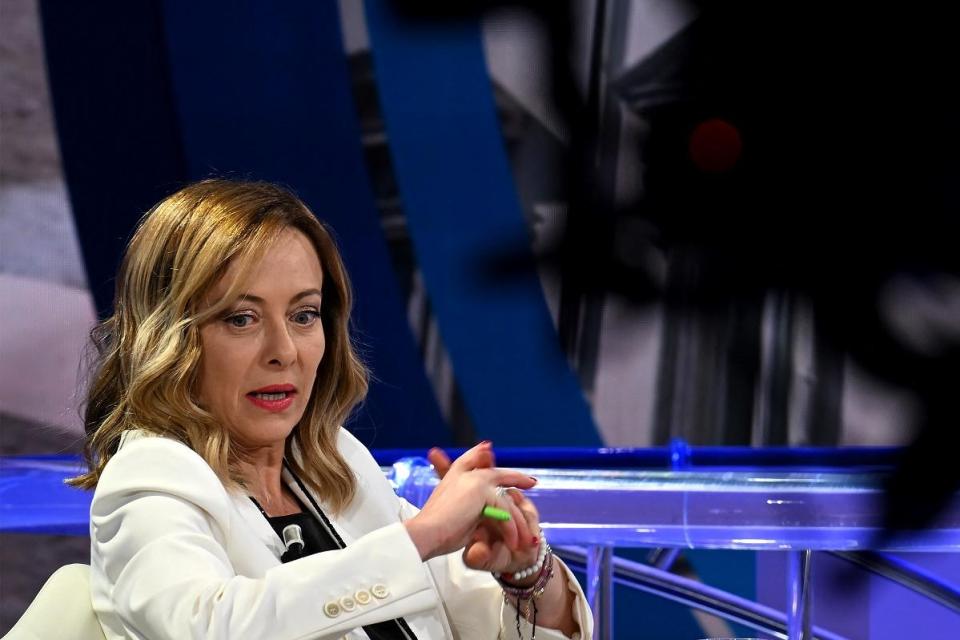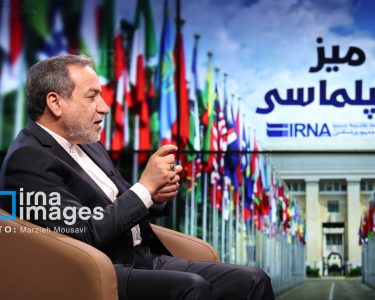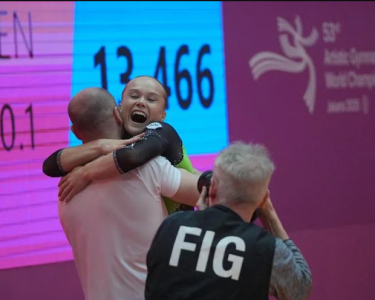
ROME, May 7 (NNN-AGENCIES) — Journalists at Italy’s RAI public broadcaster went on strike on Monday, complaining about staffing issues and political influence under Giorgia Meloni’s hard-right government.
“We prefer to lose one or more days of pay than to lose our freedom,” Usigrai, the main trade union representing the broadcaster’s 2,000 journalists, said in a video defending the 24-hour walkout.
But RAI management accused Usigrai of promoting “fake news” and of being driven by “ideological and political motivations”.
Usigrai called the strike late last month, citing among other issues “the suffocating control over journalistic work, with the attempt to reduce RAI to a megaphone for the government”.
It had already used that phrase to object to what critics say is the increasing influence over RAI by figures close to Prime Minister Meloni, leader of the post-fascist Brothers of Italy.
In its video, Usigrai noted particularly the decision to “censor” a monologue by a lead writer criticising Meloni ahead of Liberation Day on April 25, when Italians mark the defeat of Fascism and the Nazis at the end of World War II.
Antonio Scurati had accused Meloni’s party of trying to “rewrite history” by blaming the worst excesses of the Fascist rule on its collaboration with Adolf Hitler’s Germany.
Usigrai is also complaining about staffing issues, saying retiring employees are not being replaced while some journalists are left to languish on temporary contracts.
In its own video statement, RAI management said there was “no censorship” and said it was trying to transform the broadcaster into a “modern digital media company”.
In a sign of the impact of the strike, RAI’s 24-hour news channel was on Monday showing pre-recorded features.
Italy’s National Press Federation (FNSI) has offered its support to the strikers.
However, a smaller union of RAI journalists, Unirai, has condemned the strike as “political”.
It defended the return to “pluralism” at the broadcaster, which is funded in part by a license fee.
As a public broadcaster whose top management is chosen by politicians, the independence of RAI — which has a primetime audience TV share of about 39 percent — has always been an issue of debate.
But the arrival in power of Meloni, who formed a coalition with Matteo Salvini’s far-right League party and the late Silvio Berlusconi’s right-wing Forza Italia, has redoubled concerns. — NNN-AGENCIES






